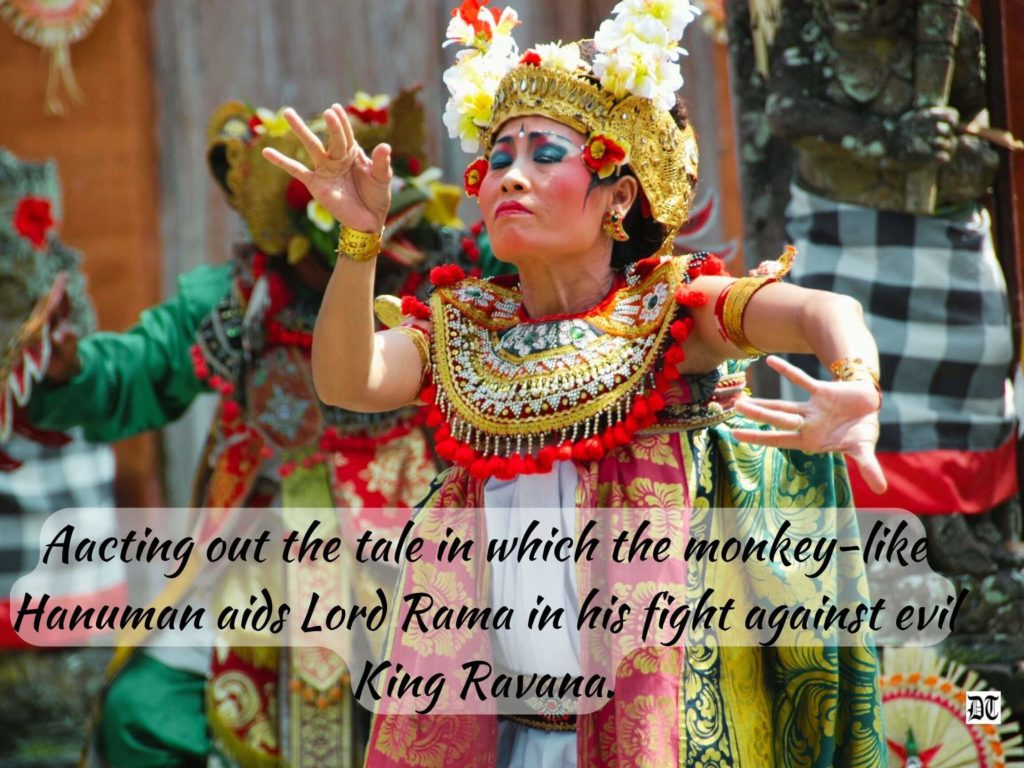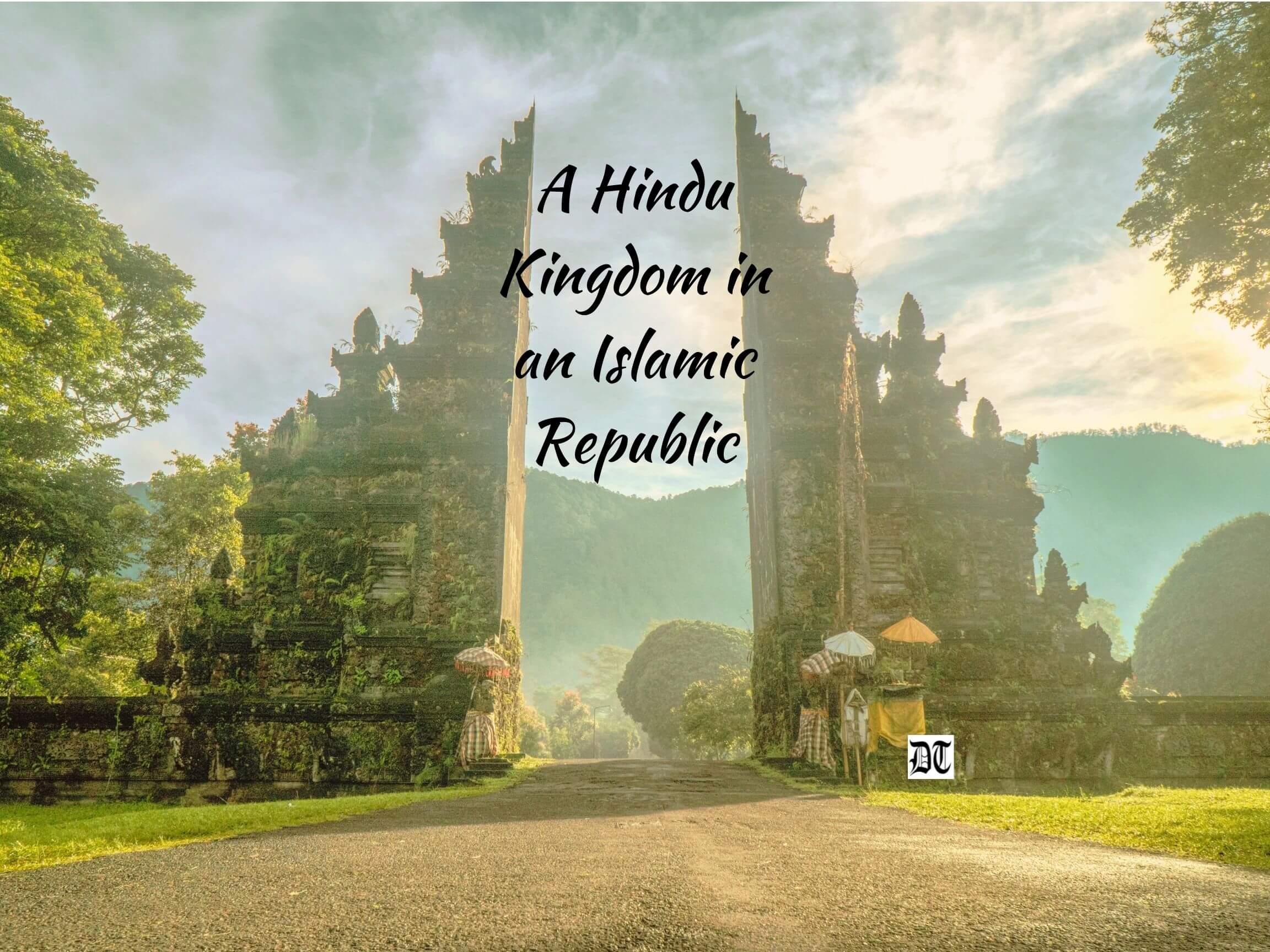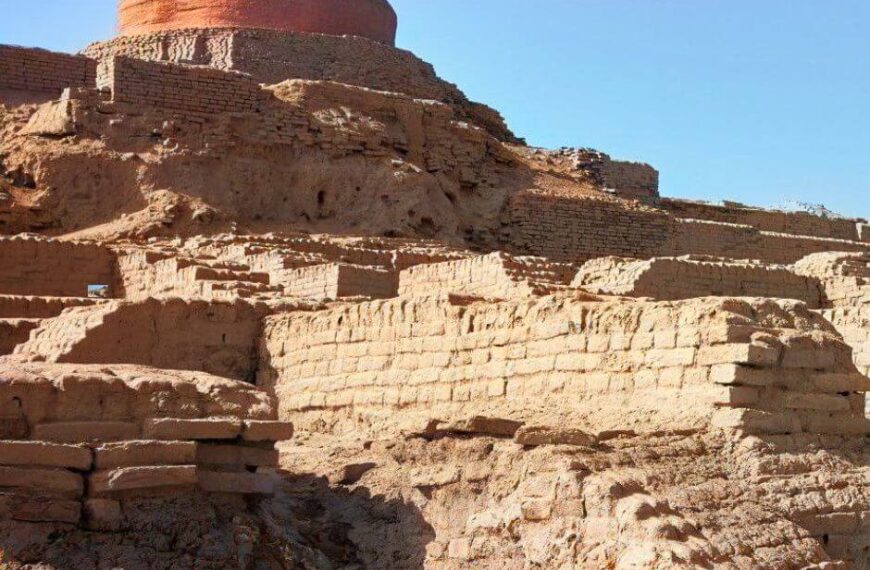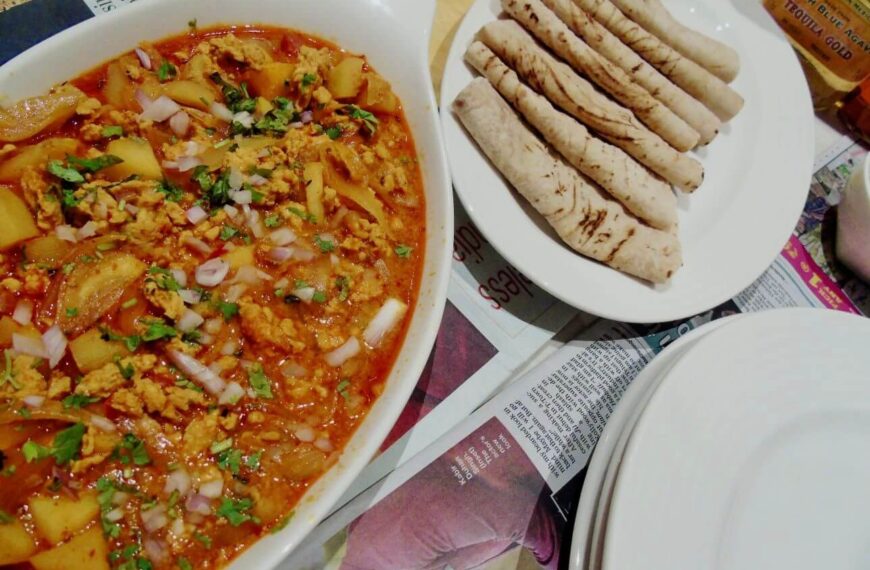Walking down the memory lane, Dr. Roopali takes us on a tour of Bali. She recapitulates Hindu rites and Ramayana. An exclusive for Different Truths.

Just before the Covid-19 pandemic was to change the world, and us, we took off with a group of veteran soldiers to the exotic isle of Bali. The travel package wasn’t breaking the bank, and we had heard a great deal about this wonderful place.
In my experience, military veterans carry their precision and perfection long out of the battlefield. This group managed to organise itself well in advance, even taking up a collection of dollars to buy duty free booze!
Bali sounded like fun. Of course, it boasted the sun, the sea, and beautiful beaches. But the thought of it being a Hindu Kingdom added to its charm. It would be different without being alien. But I found Hinduism in Bali to be very different from that practiced here in India.
Bali sounded like fun. Of course, it boasted the sun, the sea, and beautiful beaches.
Bali is a province of Indonesia and the western most of the Lesser Sunda Islands. East of Java and west of Lombok, the province includes the island of Bali and a few smaller neighbouring islands, notably Nusa Penida, Nusa Lembongan, and Nusa Ceningan.
Traveling from Delhi to Denpasar, the gateway to the island, was uneventful. But the airport rackety buses that were to cart us off the hotel resort were a bit of a shock! They reminded me of the time the Delhi Transport Corporation (DTC) had fancified their buses in preparation for the Commonwealth Games hosted by India, in 2010.
My initial bus-induced shock wore off quickly as I sampled the scrumptious buffet lunch.
The hotel resort was a short rackety ride from the airport. My initial bus-induced shock wore off quickly as I sampled the scrumptious buffet lunch. That and the Indian Ocean lapping by the window made me wonder why this could not be my permanent home?! Why did I live in a harried-hurried, crowded, filthy city?!
Eschewing our afternoon siesta, we took off on a site-seeing tour. The rackety-packeties were our chariots. The spry veterans hopped in with alacrity. The one-legged wounded warrior Colonel Sahib had no trouble hopping on. It was the memsahibs – their spouses – who found themselves crawling in. Too much sitting around and ordering cooks and maids had given us bad knees.
The bus conductor, our tour guide, was a trained humorist. He told us local Balinese tales peppered with spirits and ghosts. He narrated stories that were funny yet poignant. Mostly related to death and spirits.
Death rituals are elaborate and participative. The soul needs active assistance to return to the Creator.
Death rituals are elaborate and participative. The soul needs active assistance to return to the Creator. Ngaben is the most important death ritual. It is a sacred ceremonial celebration as well as a duty that is specific to Balinese Hinduism.
Spirits and the ghosts of ancestors are known to hang around. Placating them is the job of the living. Every house big or small has a shrine in its compound. Prayers for the clean passage of the atma (soul) through the journey of life, is important.
It is a sacred duty, and you don’t leave home without it. The shrines are elaborately carved but are empty of idols. Perhaps this idol-less worship has allowed Hinduism to co-exist with Islam in Indonesia.
Interestingly, caste plays a daily role in Balinese society, but doesn’t appear to be obviously discriminatory.
Interestingly, caste plays a daily role in Balinese society, but doesn’t appear to be obviously discriminatory. I am the second caste, I am the third, I am the fourth, is how Balinese people introduce themselves. The four varnas or castes are Brahmana. Kshatriya, Vaisya, and Sudra.
The Hindu epics Mahabharata and Ramayana are also of significance in the spiritual and artistic life of the people of Bali. We spotted huge stone statues, intricately carved. Garuda the divine eagle-like sun bird, the mount of Lord Vishnu. Here on the island, he is called Garuda Visnu Kencana.
Ghatotkacha, the son of the warrior Bheema, embraced in Bali as Satria Gatotkaca.
Ghatotkacha, the son of the warrior Bheema, embraced in Bali as Satria Gatotkaca. Kumbhakarna, or Kumbakarna Laga, the younger brother of the Demon King Ravana. These were just some of the majestic statues we saw on the island.
We watched the enactment of scenes from the Ramayana in an ancient temple complex with the vast ocean lapping against the cliffs. In the open air, sitting on semicircular steps of the arena, the Demon King Ravana kidnapped Princess Sita and the winged Garuda fought to save her.

All this while Hanuman — Lord Rama’s loyal follower —jumped and leapt through the audience, and the monkey chant ensued in the background.
All this while Hanuman — Lord Rama’s loyal follower —jumped and leapt through the audience, and the monkey chant ensued in the background. Over a hundred male performers wearing checked waist cloths, chant “cak!” and gesture boldly with their arms. They are called Kecac and are acting out the tale in which the monkey-like Hanuman aids Lord Rama in his fight against evil King Ravana.
After the performance we found ourselves at a lavish dinner in a posh hotel. Beautiful porcelain like girls danced to Bollywood music. Some culture vultures sprung up from their seats and began dancing along. Before long they were unceremoniously ejected from the scene by the hotel staff. Our group of veterans had a good laugh. However, their laughter died once they got up to dance, and their spouses cramped their style by joining in!
Sea food is abundantly available on the island.
Sea food is abundantly available on the island. The following day, we skipped the organised trip to a coffee estate. Instead, we took off to sample delicious prawns and crab. One day we skipped the organised trip to the coffee estate and went tasting delicious prawns and crabs. We felt like truants. While organised tours take the load off, these can also take the fun out of you. Exploring is what travelling should bring.
We invited our cabbie to come in and order what he liked. He looked stunned and teary. I loved watching him relish his lunch. Friendly and knowledgeable, he took us shopping to reasonably priced local places. We brought back floral batik shirts for friends and family. But back home, no one appreciated their island wear in their crowded high-rise buildings.
Disembarking at Delhi airport it suddenly felt as if we were all such close friends who were parting ways.
Our flight back from Denpasar to Delhi was quiet. A plane full of sleepy men and unhappy women. Disembarking at Delhi airport it suddenly felt as if we were all such close friends who were parting ways. In Bali, we hadn’t cared to chat.
“Oh, now back to the grind”, I exclaimed. “Back to what to cook for dinner.” We were all Cinderellas returning to our kitchen. As I walked out despondent at leaving the dreamy isle of Bali behind, I realised something. I was, in fact, fortunate. I had the choice of “what to cook for dinner.”
Picture design by Anumita Roy, Different Truths






 By
By

 By
By
Thank you for sharing this wonderful trip to Bali.
Nice read, Roopali. I could get a taste of Bali! Looking forward to more. Shailja